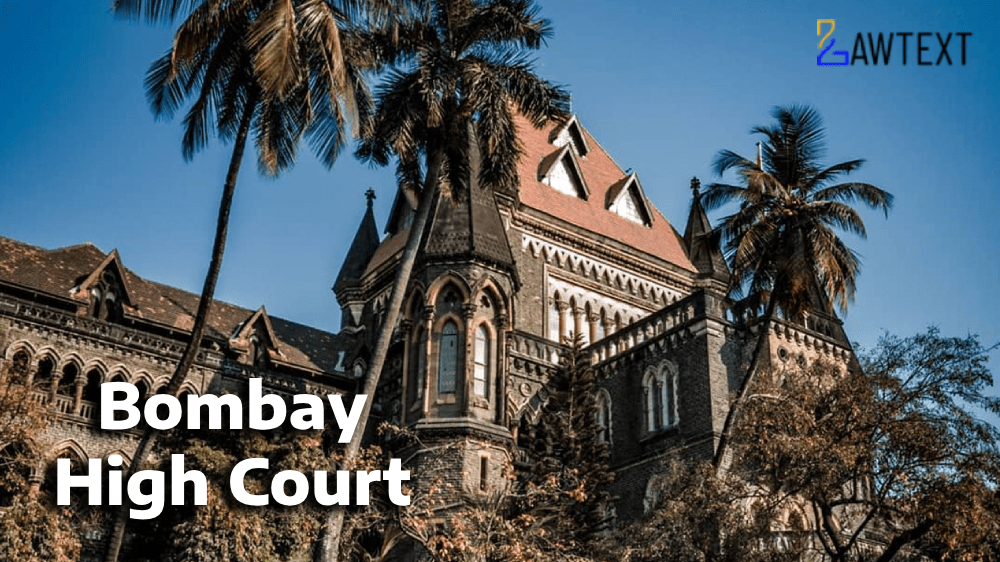CASE NOTE & SUMMARY
The Bombay High Court dismissed a petition challenging a show-cause notice issued by SEBI, emphasizing the need for judicial restraint in interfering with such notices. The case revolved around allegations of delay, res judicata, and procedural lapses by SEBI in investigating corporate restructuring undertaken by Nalwa Sons in 2014.
1. Background of the Case
Nalwa Sons Investments Ltd., part of the Jindal Group, underwent a corporate reorganization in 2014. SEBI issued a show-cause notice in 2024, alleging non-compliance with securities laws. Petitioners contended the notice was unjustified due to its inordinate delay and procedural flaws.
2. Key Issues Raised by Petitioners
- Delay and Laches: SEBI’s action was challenged as being delayed by nearly 10 years post the alleged restructuring.
- Res Judicata & Double Jeopardy: Petitioners argued SEBI had earlier resolved complaints on the same issue, precluding a fresh investigation.
- Non-Application of Mind: SEBI allegedly failed to consider relevant disclosures and documents before issuing the notice.
- Failure to Furnish Documents: Petitioners highlighted SEBI’s denial of critical documents necessary for defense.
3. SEBI’s Defense
- SEBI asserted the notice was based on new evidence from a 2022 complaint, followed by an investigation.
- It refuted allegations of delay, citing ongoing complaints and investigations.
- SEBI committed to furnishing certain documents while denying allegations of bias or unfairness.
4. Court’s Evaluation
- Principles for Interference: The Court reiterated that show-cause notices should not be quashed unless they are palpably illegal or without jurisdiction.
- Delay and Laches: Delay alone does not invalidate a notice unless substantial prejudice is demonstrated.
- Non-Application of Mind: SEBI acted on an investigation report, satisfying prima facie requirements.
- Res Judicata: The earlier closure of complaints did not bar subsequent action, as the issues in the current notice were based on different materials.
5. Conclusion and Directions
- The Court dismissed the petition but directed SEBI to furnish certain documents to ensure procedural fairness.
- Petitioners were granted additional time to respond to the notice.
Acts and Sections Discussed:
- SEBI Act, 1992
- Sections 11(1), 11(4), 11(4A), 11B(1), and 11B(2): Powers to investigate and issue directions.
- Section 15-HA: Penalties for fraudulent or unfair trade practices.
- Securities Contracts (Regulation) Act, 1956
- Sections 23A(a) and 24: Penalties for contraventions.
Ratio Decidendi:
Judicial intervention in show-cause notices is unwarranted unless there is a clear violation of jurisdiction, principles of natural justice, or procedural fairness. Delay in issuance must be accompanied by prejudice to justify quashing such notices.
Subjects:
SEBI’s Regulatory Oversight, Judicial Review of Show-Cause Notices
Securities Law, SEBI Act, Procedural Fairness, Corporate Restructuring, Delay and Laches, Natural Justice
Citation: 2024 LawText (BOM) (12) 95
Case Number: WRIT PETITION NO. 5080 OF 2024
Date of Decision: 2024-12-09
Case Title: Nalwa Sons Investments Limited & Ors. Versus Securities and Exchange Board of India
Before Judge: M.S.Sonak & Jitendra Jain, JJ.
Advocate(s): Mr. Janak Dwarkadas, Senior Advocate, a/w Mr. Rohan Rajadhyaksha, Mr. Indranil Deshmukh, Mr. Darshan Furia, Ms. Priyanka Desai, Mr. Arnav Misra, Mr. Kushal Tekriwal i/b. Cyril Amarchand Mangaldas for the Petitioners Mr. Mustafa Doctor, Senior Advocate, a/w Ms. Hubab Sayeed, Mr. Nishin Shrikhande, Mr. Harish Ballani i/b. Vidhii Partners for the Respondent.
Appellant: Nalwa Sons Investments Limited & Ors.
Respondent: Securities and Exchange Board of India

